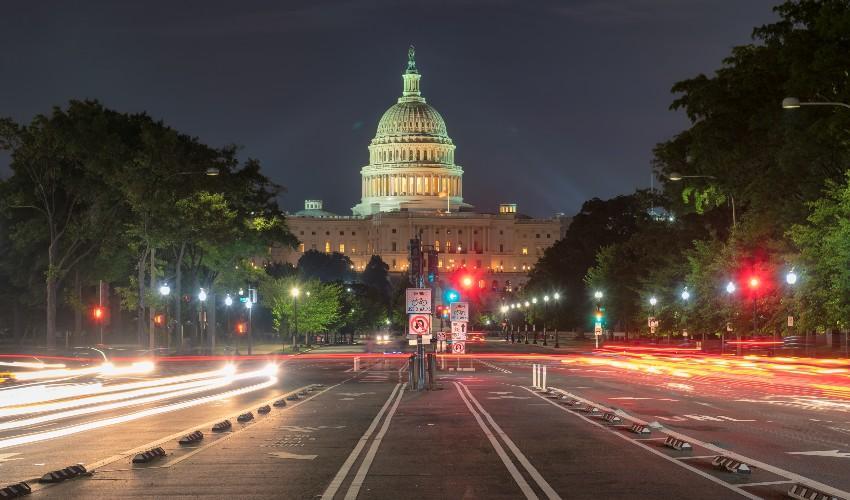
President and Congress, a Difficult Relationship
FACING A POLARIZED CONGRESS, TRUMP GOVERNS VIA EXECUTIVE ORDERS AND REGULATORY ADJUSTMENTS, NOT LEGISLATION, ACCORDING TO AN ANALYSIS BY FRANCO FERRARIAs had already happened during the two terms of Barack Obama, the Trump presidency lost the mid-term elections with the House switching majority, thus inaugurating the phase of so-called divided government. A division, that between the two halves of Trump’s term, which is also reflected in the studies of Giuseppe Ferrari, Professor of Constitutional Law, who has recently penned the volume The American Presidency Under Trump: The First Two Years. In particular, in the first chapter the essay analyzes the ways in which the President used the powers linking the executive and legislative bodies, with a specific focus on the environment, pharma and health.
"Political science is unanimous in believing that a radical polarization has been underway since Obama, both within the two parties and in relations between the two sides. The current administration has certainly not helped to alleviate this conflict, indeed, Trump's lack of aptitude for dialogue and his habit of souring relations even with his own collaborators have often made the news", comments the professor. “Suffice it to say that in the first two years of his mandate he seems to have never met Dem leaders in Congress and very few GOP leaders in the Senate or even the former Republican Speaker of the House. All this has produced tense relations with Congress, a climate where calls for impeachment found space to grow".
Political manners can make the difference even more than substance. It is true that Trump's predecessor, President Obama, also pursued the We Can't Wait campaign by repeatedly signing executive orders. On the contrary, there were Republican presidents like Reagan who were champions of so-called log-rolling, and Kennedy's successor, Lyndon B. Johnson, was capable having demanding programs passed by legislators while maintaining excellent relations with both political parties.
"Trump claims to be the president who got most bills through Congress," continues Professor Ferrari. “In reality, the free press has already pointed out that these are often secondary provisions, short documents of a few pages. The truth is that the current presidency continues on the line of conduct based on the frequent use of administrative acts and regulations, intervention in regulatory agencies, and the appointment of people with markedly ideological positions at the top of judicial bodies. In this context, it seems almost strange that Trump never used veto powers before last March, when he intervened to block a resolution, also voted by several Republicans, which would have put an end to the national state of emergency declared for the US-Mexico border."
by Emanuele Elli
